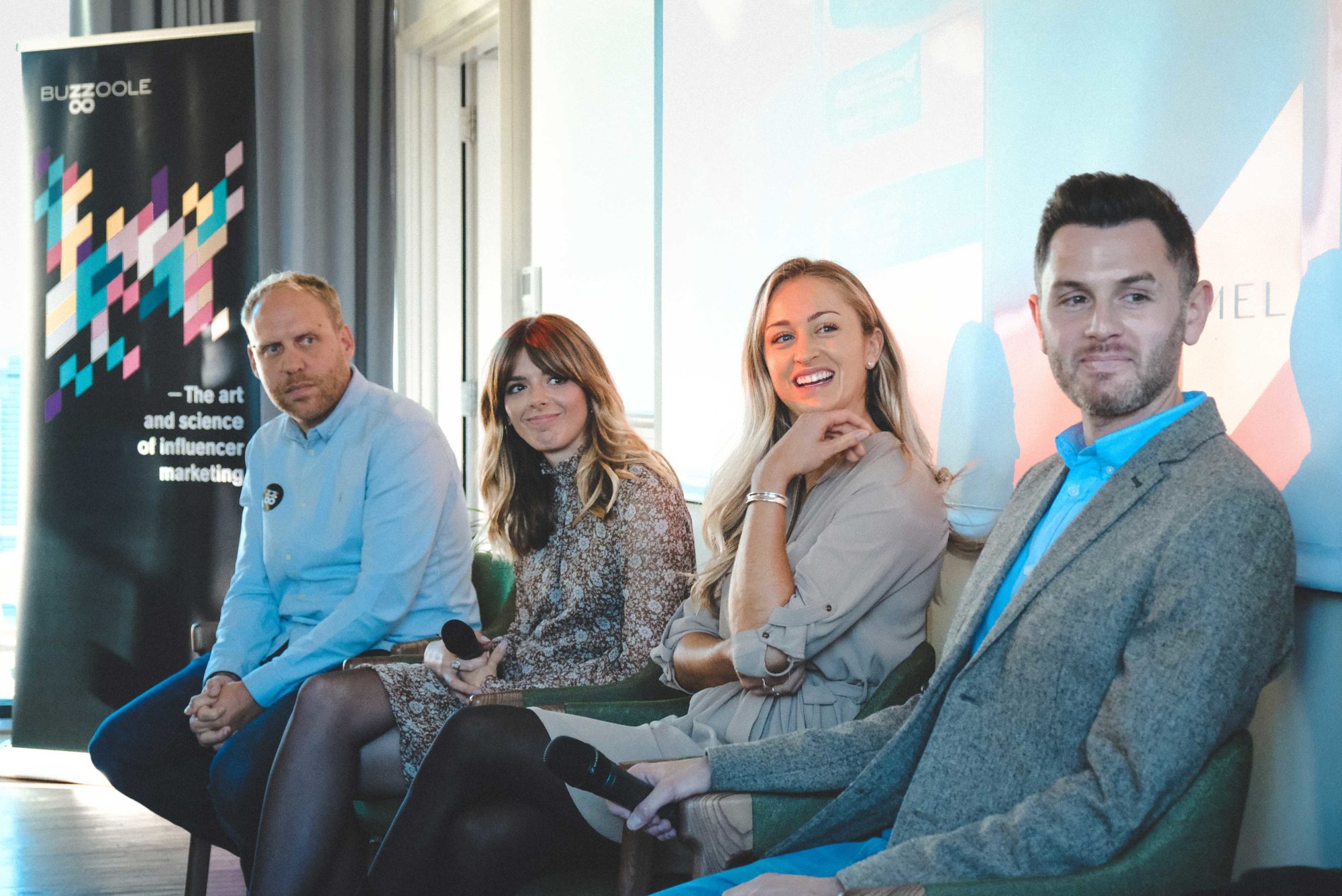Having done their first test in Canada, Instagram has decided to hide the number of likes on a post for some test users across a further six countries: Ireland, Italy, Japan, Brazil, Australia and New Zealand. Instagram has taken a strong position and the move is aimed at giving more importance to the content rather than the number of ‘likes’ a post has. The direction is set and tests will follow in other countries, as the company tries to learn more about how the change will affect users’ experience of the service.
“We want Instagram to be a place where people feel comfortable expressing themselves,” Tara Hopkins, Head of Public Policy, EMEA at Instagram said. “This includes helping people to focus on the photos and videos they share, not how many likes they get”.
What impact will it have on Brands and Influencers?
Instagram hopes that the impact will be positive for Content Creators. On one side, Creators, especially those classed as ‘micro’, have the benefit of a more even playing field and rather than followers being influenced by the number of likes, they will focus more on the content itself. On the other side, those that have previously bought ‘likes’ to increase their perceived interactions will likely feel less inclined to view the change favourably.
On Instagram there are approximately 23 million UK users and our recent analysis of the Influencer benchmarks by category shows that around 20% of UK Creator’s have “suspicious” followers, higher than the US (15%) and lower than Italy (23%).
Brands with a focus on Influencer Marketing, will now be forced to move their attention away from this vanity metric (if they haven’t already) and will be encouraged to focus on metrics that have at least a degree more significance such as reach, impressions and obviously the quality of the content posted.
There used to be a lot of free tools that analysed public data, but this change will make first party data even more important and metrics such as the Engagement Rate will not be immediately countable for anyone. There are two ways to gain this type of insight: via the Influencers themselves or via a partner such as Buzzoole, whose technology provides real-time insights based on first-party data, thanks to the permissions given to it by its Creators.
Marketers ultimately understand that tracking against vanity metrics is becoming harder to justify and our research shows that they are being challenged more on tracking action after an engagement. Many are looking to the industry for a standardised approach to measurement and evaluation, but we are still some way from an industry norm. Ultimately, if the industry can’t prove the value of the work, budgets will be affected.
If you want to keep up-to-date with Influencer Marketing news, you can sign-up to our newsletter!


